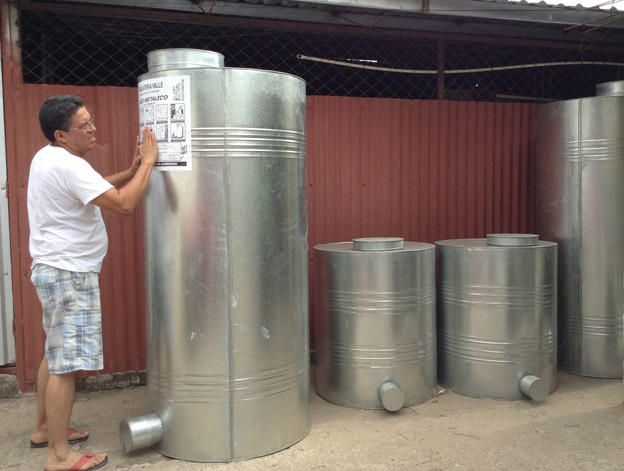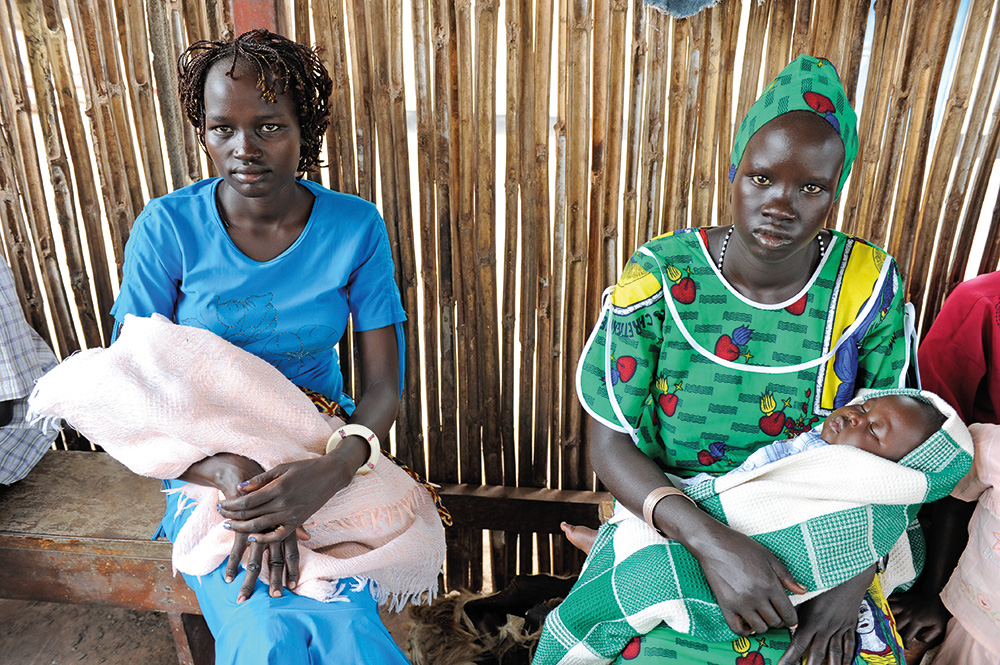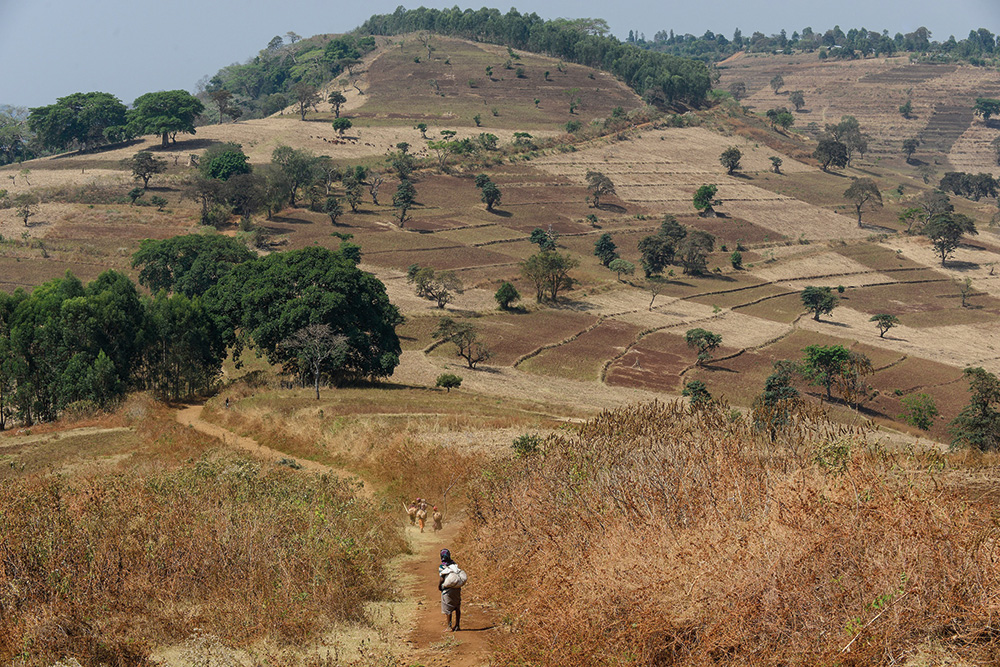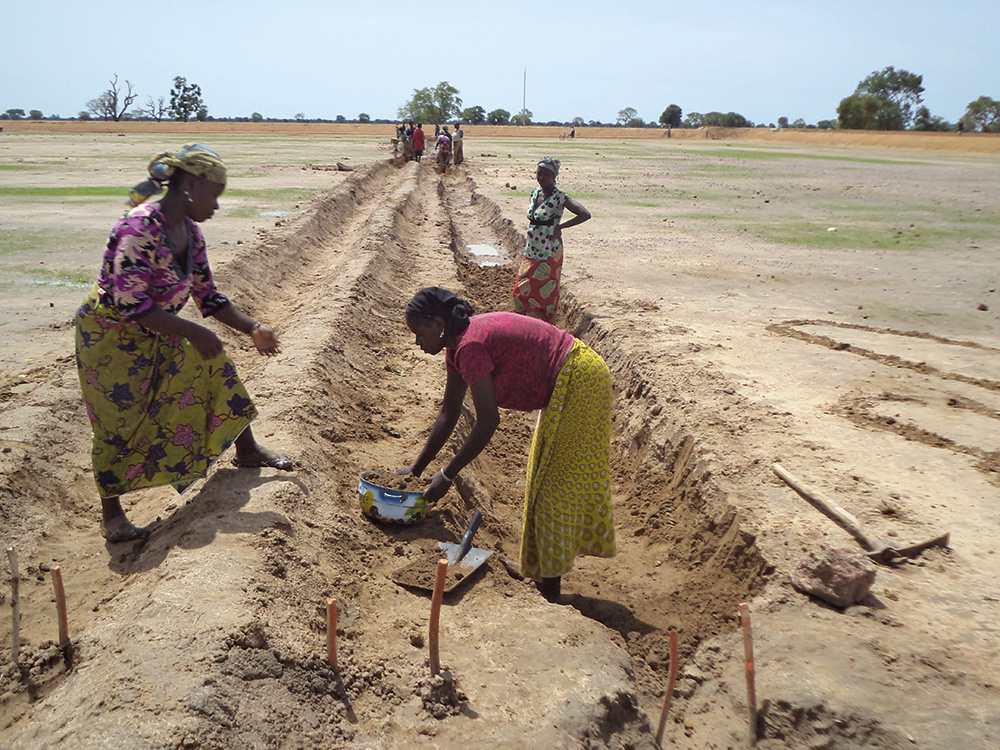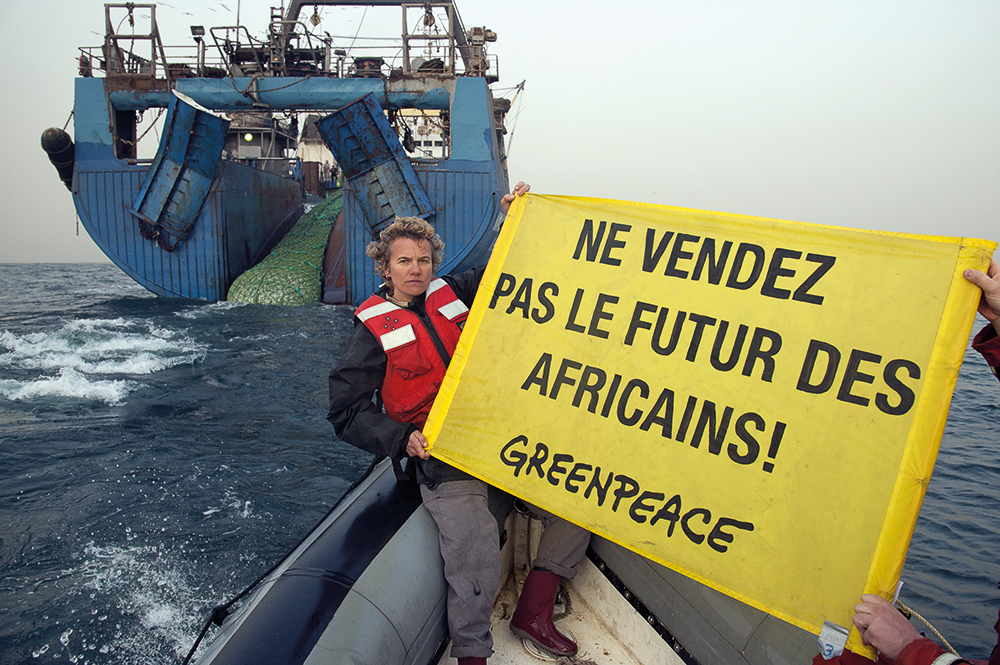The Effects of Rural Land Right Security on Labour Structural Transformation and Urbanization: Evidence from Thailand
This paper attempts to contribute to the understanding of the impacts of secure rural agricultural land rights on labour structural transformation from agriculture to non-agriculture as well as on urbanization, with a specific focus on Thailand. Using province-level panel data and instrumental variable strategy, partial land right entitlement (known in Thailand as SPK4-01 titling) is found to have a positive impact on labour movement towards the non-agricultural sector. In particular, approximately 27 per cent of this impact can be explained by enhanced farm productivity.


